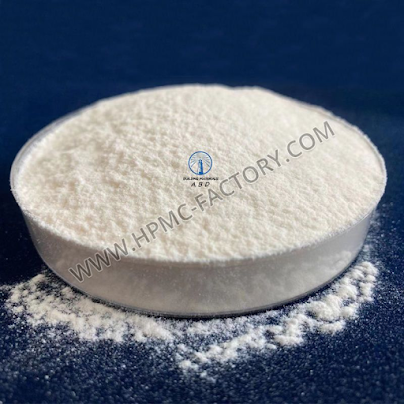Hydroxyethyl Methyl Cellulose: A Versatile Polymer with Wide-ranging Applications
Hydroxyethyl methyl cellulose (HEMC) is a versatile and widely used polymer that finds its applications in various industries. Known for its unique properties and functionalities, HEMC has become an indispensable ingredient in numerous products. In this article, we will explore the characteristics, uses, and benefits of HEMC across different sectors.
Understanding HEMC:
HEMC is a modified cellulose derivative derived from natural cellulose sources, such as wood pulp or cotton fibers. It is created by chemically modifying cellulose through the introduction of hydroxyethyl and methyl groups. This modification enhances the polymer's solubility, stability, and film-forming properties. HEMC is available in powder form, and its viscosity can be customized to meet specific application requirements.
Enhancing Rheological Properties:
One of the significant advantages of HEMC is its ability to modify the rheological properties of solutions or suspensions. By controlling the concentration and molecular weight of HEMC, it is possible to adjust the viscosity and flow behavior of liquid systems. This property makes HEMC an ideal ingredient in various industries, including construction, paints and coatings, adhesives, and personal care products. The precise control over viscosity allows manufacturers to achieve desired textures and consistency in their end products.
Construction Industry Applications:
In the construction industry, HEMC plays a vital role in cement-based materials, providing water retention, workability, and improved adhesion. HEMC is commonly used in tile adhesives, mortars, and cement renders to enhance the performance and durability of these materials. It acts as a thickener, improving the application properties and preventing sagging or dripping during vertical applications. Additionally, HEMC helps to reduce water evaporation from the cementitious mix, enhancing workability and reducing the risk of cracks.
Paints, Coatings, and Adhesives:
HEMC finds extensive use in the formulation of paints, coatings, and adhesives. As a thickener and rheology modifier, it improves the application properties, sag resistance, and open time of these products. HEMC helps to achieve smooth and consistent finishes in paints and coatings, preventing dripping or sagging on vertical surfaces. In adhesives, HEMC enhances the bonding strength, workability, and open time, enabling better adhesion to various substrates.
Personal Care and Pharmaceutical Applications:
HEMC also has a presence in the personal care and pharmaceutical industries. Due to its biocompatibility and non-toxic nature, it is widely used in skincare products, cosmetics, and pharmaceutical formulations. HEMC acts as a thickening agent in lotions, creams, and gels, providing enhanced texture, stability, and moisturizing properties. In pharmaceutical applications, HEMC is used as a binder in tablets, providing improved drug release characteristics and aiding in the tablet's disintegration.
Stabilizer and Film-forming Agent:
HEMC demonstrates excellent film-forming properties, making it an ideal ingredient in coatings, films, and encapsulation processes. It can create a uniform and protective film on surfaces, improving barrier properties, moisture resistance, and durability. HEMC acts as a stabilizer, preventing the coalescence of dispersed particles or droplets, and enhancing the stability and shelf life of emulsions, suspensions, and colloidal systems.
Hydroxyethyl methyl cellulose (HEMC) is a versatile polymer that offers a wide range of benefits across various industries. Its unique properties, including rheological modification, water retention, thickening, film-forming, and stabilizing capabilities, make it an indispensable ingredient in numerous applications.For more information please contact Shijiazhuang AiBeiDe



评论
发表评论